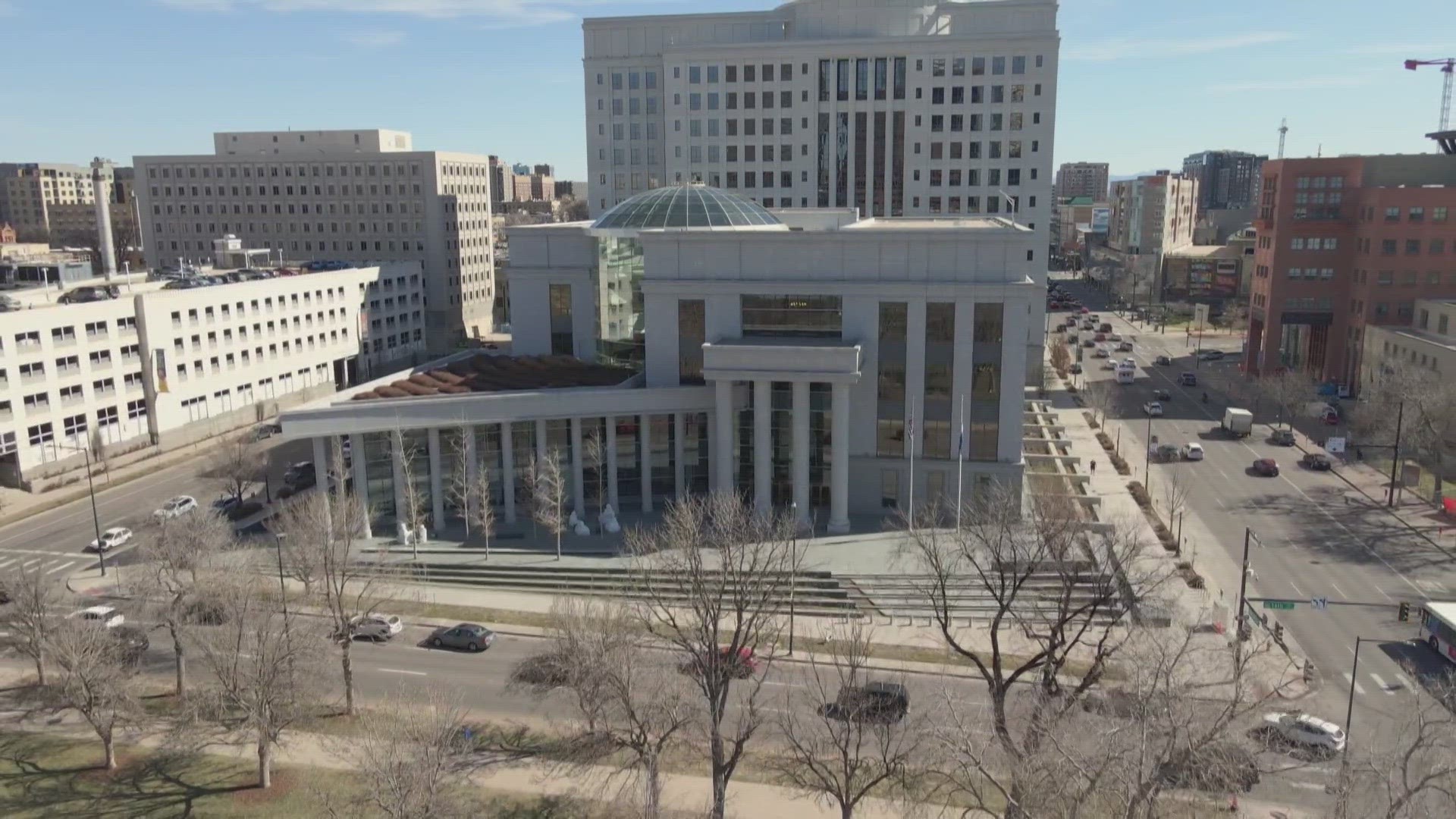DENVER — In a ruling Tuesday, the Colorado Supreme Court found a law that created a three-year window for survivors of child sex abuse to sue an abuser or an organization is unconstitutional.
The state's highest court said the law, which was passed by the state legislature in 2021, was unconstitutional because it was "retrospective", which is something that's banned under the state constitution.
The Child Sexual Abuse Accountability Act (CSAAA), the law in question, created a three-year window that began in 2022 where survivors of child sex abuse dating back to the 1960s could sue an abuser or an organization that knew or should have known of a risk of sexual misconduct.
According to Tuesday's court ruling, the law was passed by the legislature despite concerns expressed during hearings on the bill about its constitutionality.
It permitted those lawsuits to go forward regardless of whether previously available actions were "time-barred."
Democratic State Senator Rhonda Fields was one of the bill's sponsors. She told 9News that she was disappointed by the ruling.
"So really the decision is like a slam of the door that was open," Fields said. "So they’ve slammed the door, they have locked it from the inside out and if there are any cases that are pending it sends a very chilling message to survivors and for those who are in queue? Don’t bother."
The case before the Colorado Supreme Court related to one of the first cases filed under the law. On Jan. 13, 2022, a woman, now in her 30s, sued Aurora Public Schools and a coach for abuse she claimed happened at Rangeview High School 20 years ago.
The state's highest court found the act was unconstitutional because it created a "new cause of action" for sexual misconduct that predated the law for which other courses of actions were time-barred.
Fields said she planned to connect with the Colorado Attorney General to see what went wrong in this case and bring legislation back next year.
"So at this point if our highest court in the state of Colorado has deemed this unconstitutional then my next stop is to look at what are the gaps, what are the loopholes that cause this ruling, to see what I can do to sure up that victims are protected," Fields added. "This bill is about justice for survivors."
Tuesday's ruling granted a motion to dismiss the case against the coach and Aurora Public Schools.
However, the ruling indicates CSAAA is not unconstitutional in its entirety. The ruling does affect claims for which the applicable statute of limitations as of Jan. 1, 2022 had not run out.
There are several other cases pending. Nelson Boyle, an attorney involved in the Colorado Supreme Court case told 9News any pending cases under this law will likely be dismissed if the alleged incident occurred long enough ago that the statute of limitations in that case expired.
SUGGESTED VIDEOS: Politics

